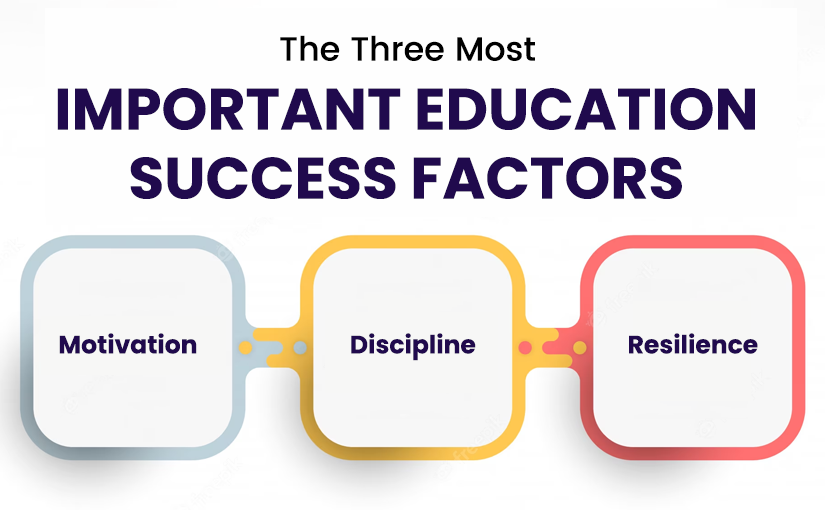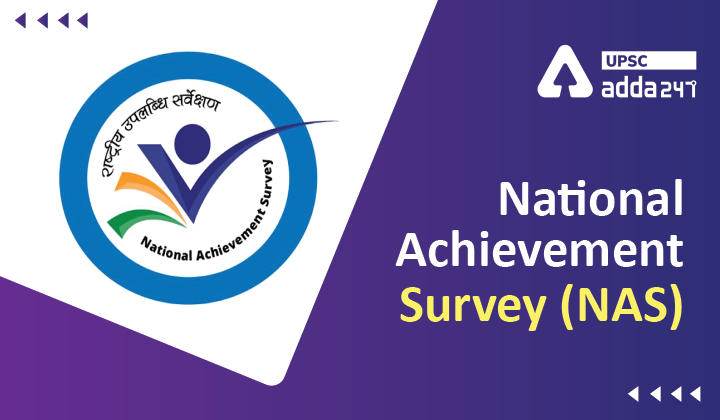Introduction
The study of achievement takes many forms, from the detailed psychology of achievement motivation to nationwide surveys that evaluate educational achievements. This thorough guide walks readers through the complexities of the National accomplishment Survey, examines pertinent theories, digs into the roots of accomplishment motivation, and considers the potent symbolism that achievement images represent.
National Achievement Survey: Assessing Educational Benchmarks
- Purpose and Scope: The nationwide Achievement Survey is a comprehensive assessment tool used to evaluate student academic performance on a nationwide level. Gaining an understanding of the objectives and reach of this survey might help one better understand how it influences educational policy.
- Methodology and Implementation: Examining the techniques used to select the sample and choose assessment instruments for the National Achievement Survey illuminates the meticulous process of determining educational benchmarks.
- Effect on Policy for Education: The results of the National Achievement Survey have a significant impact on educational policy. A more thorough grasp of the survey’s importance in the educational environment can be attained by examining how the survey’s findings influence policy choices.
Achievement Motivation: The Driving Force Behind Success
- Defining Achievement Motivation: The intrinsic desire that propels people to pursue excellence and success in their undertakings is known as achievement motivation. It is necessary to define this psychological concept in order to comprehend its influence on both professional and personal success.
- Components of Achievement Motivation: Identifying the elements that motivate people to succeed, such as goal-setting, perseverance, and the pursuit of excellence, might help us understand them more fully.
- Social and Cultural Influences: A further layer of intricacy to the analysis comes from knowing how social and cultural factors influence motivation for achievement. Examining these factors provides insights into the various ways that achievement motivation manifests itself in various situations.
Achievement Motivation Theory: Unraveling the Psychological Framework
- McClelland’s Need for Achievement: A groundbreaking concept that examines how a person’s need for achievement influences behavior is McClelland’s Need for Achievement hypothesis. An in-depth analysis of this idea offers a fundamental comprehension of accomplishment motivation.
- Atkinson’s Achievement Motivation Theory: This theory presents ideas such as the expectancy-value model. Investigating this idea broadens our perspective on the psychological foundations of achievement motivation.
Achievement Images: Symbolism and Representation of Success
- Visual Representations of Achievement: Whether they take the shape of pictures, symbols, or icons, achievement images deliver strong messages about success. Examining visual representations provides valuable insights into the values and societal constructions around achievement.
- Cultural Significance: The meaning associated with achievement imagery is significantly influenced by the cultural context. Analyzing the visual representations of success in many cultures offers a cross-cultural understanding of what success means.
The Interplay Between National Surveys and Achievement Motivation
- Survey Outcomes and Motivational Impact: The accomplishment motivation of individuals within the surveyed population can be significantly impacted by the outcomes of national surveys. A comprehensive study benefits from an understanding of how survey results impact motivational factors.
- Motivational techniques and educational policies: Education policy is often formulated as a result of national surveys. Examining the ways in which these policies integrate motivational techniques improves our comprehension of the relationship between systemic evaluations and personal motivation.
Motivating Factors in Educational Environments: Nurturing a Culture of Achievement

- Role of Teachers and Mentors: In order to motivate children to accomplish, teachers and mentors are essential. Examining the tactics teachers use to foster an achievement culture clarifies the significance of mentoring.
- Including Goal-Setting in Teaching: One of the main elements of achieving motivation is goal-setting. Examining how goal-setting exercises are incorporated into learning environments helps to foster an environment where students are motivated to aim high.
Strategies for Enhancing Achievement Motivation: Practical Applications
- Recognition and Reward Systems: Systems of rewards and recognition are effective tools for raising the drive for achievement. Analyzing how organizations put these methods into practice offers insights into real-world uses that encourage motivation.
- Encouraging a Growth Mindset: Carol Dweck popularized the idea of a growth mindset, which is essential to accomplishment motivation. Examining how learning environments foster a growth mindset helps to foster a culture that appreciates hard work and perseverance.
Addressing Challenges in Achievement Motivation: A Proactive Approach
- Overcoming Fear of Failure: Motivation for achieving might be seriously hampered by a fear of failing. A proactive strategy for promoting achievement includes investigating how to get over this fear and develop a resilient mindset.
- Inclusivity and Equity in Motivational Approaches: It is imperative to guarantee that incentive tactics are inclusive and egalitarian. Comprehending the ways in which establishments tackle diversity and inclusivity in their methodologies advances a comprehensive comprehension of accomplishment motivation.
Beyond Educational Boundaries: Achievement Motivation in Professional Contexts
- Transition to Professional Life: The concepts of accomplishment motivation are applicable in professional contexts as well as educational ones. Examining how people make the move from academic accomplishment to professional success offers a coherent story of achievement motivation.
- business Cultures and Motivational activities: In order to improve employee performance, business cultures frequently include motivational activities. The continuity of motivational concepts can be better understood by examining the impact of accomplishment motivation theory on corporate strategies.
Conclusion: The Tapestry of Achievement – From Surveys to Motivation
We have now completed our thorough investigation of achievement, having traveled the whole gamut from the macro viewpoint of national surveys influencing educational policies to the micro-level complexities of achievement motivation theory. A comprehensive view of success and accomplishment is influenced by the interaction between national surveys and individual motivation, the symbolism found in achievement imagery, and the useful tactics for promoting achievement motivation. The combination of these components creates a coherent story that sheds light on the dynamics of achievement in all of its manifestations as we traverse the varied terrain of academic and professional successes.

